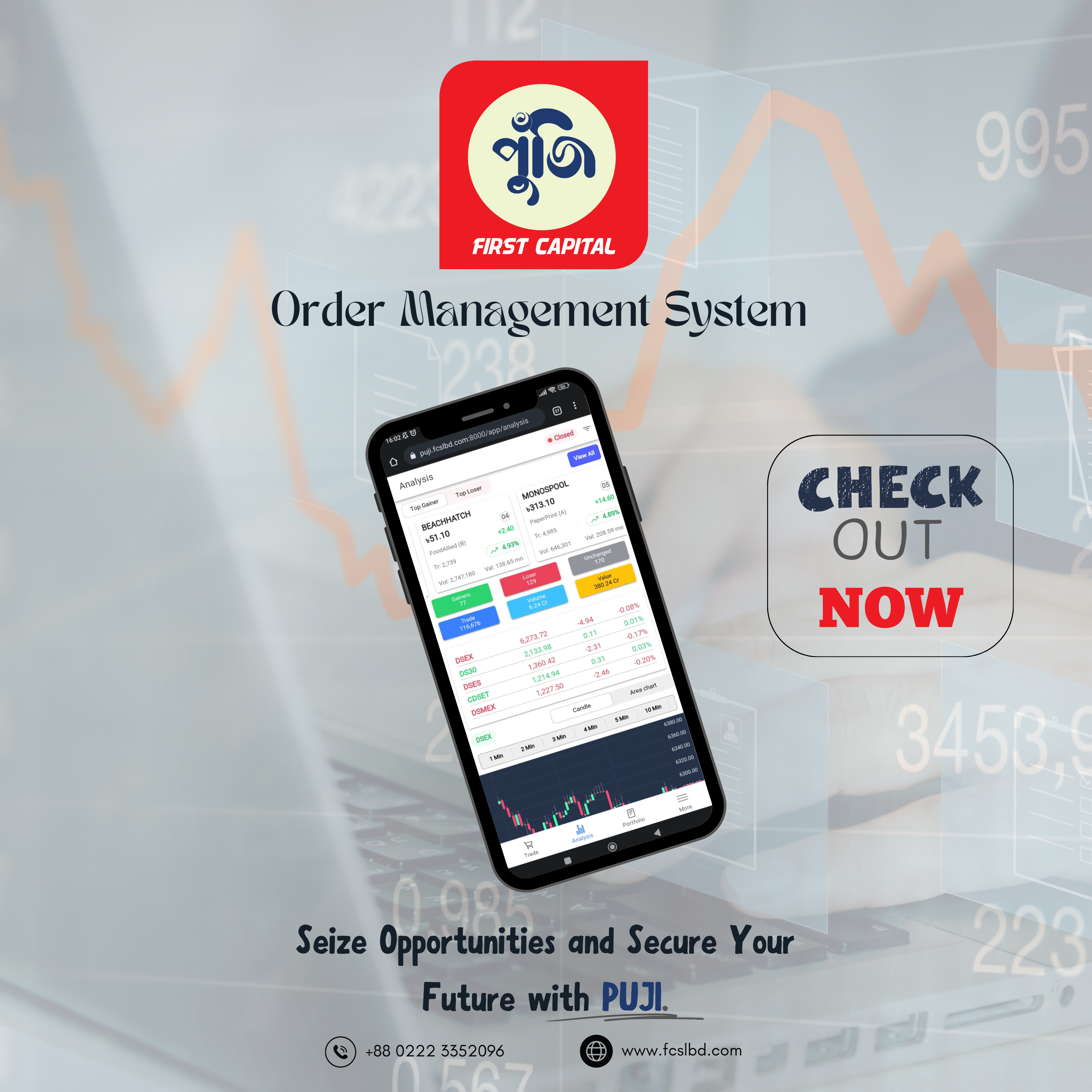A banking commission is around the corner as part of a series of reforms spearheaded by the interim government to bring stability and good governance in the country’s reeling financial sector.
Banking commission is a longstanding demand of economists for salvaging the financial sector from the brink as the lifeline of the economy has been riddled with high default loans and weak governance.
As part of bringing sustainable reforms, the interim government led by Nobel laureate and microcredit pioneer Dr Muhammad Yunus will publish a paper on roadmap for streamlining the country’s struggling financial sector within 100 days of takeover.
A consensus on taking such steps was reached Sunday in a meeting between Chief Adviser (CA) of the interim government Dr Muhammad Yunus and newly appointed central-bank governor Dr Ahsan H. Mansur over the current state of the country’s banking sector, according to a statement coming from the CA office.
At the parley, the head of government and of Bangladesh Bank (BB), the banking regulator, discussed the current affairs regarding the reeling banking system in detail before reaching the consensus, according to CA office sources.
“For increasing the supply of foreign currencies on the rapidly depleting forex (foreign exchange) market, a decision has been made to expand the band of the crawling peg to 2.5-percentage points from 1.0,” says an official release.
Crawling peg is a system that allows fluctuations of the exchange rate within a predefined range. Currently, the crawling peg mid-rate is Tk 117 a dollar.
The revision in the band of crawling peg comes more than three months after the BB introduced the mechanism moving away from administered rates of the US dollar in its bid to gradually allow demand and supply to determine the exchange rate.
At the same time, the office of the chief adviser urged everyone “to be patient to get the benefits of the measures taken to bring down inflation”.
To achieve the target, the meeting also agreed to maintain the contractionary monetary-policy stance in the coming days as well.
The inflation hit 11.66 per cent in July 2024, the highest in 13 years, affecting the consumers badly as prices spiralled beyond their reach.
Following the change of guards in state power through the July-August uprising, however, prices have largely taken a little downturn with the rebel students monitoring market.




